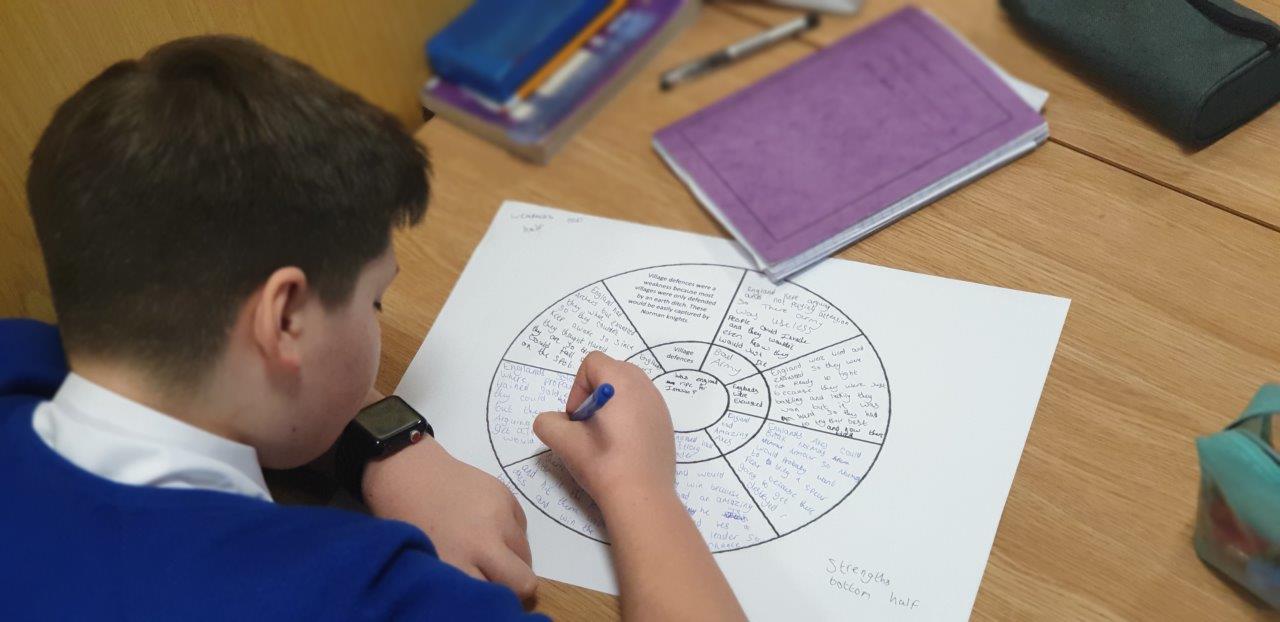KS3 Geography
Year 7 Geography
During year 7, the following topics are covered:
- Structure of the Earth
- Travelling Tribes
- Weather
- Biomes: Focus on polar biomes.
- Biomes: Focus on the hot desert biome.
- Microclimate

Structure of the Earth
Students learn about Earth’s formation, structure and tectonics. They learn about hydrological and fluvial processes with a focus on how our land is shaped.
Travelling Tribes
Students learn about settlement both in the past and present. They look at the creation of megacities and sustainable cities for our future.
Weather
Students learn about varying weather conditions across the UK, how weather is measured and recorded, extreme weather and how this impacts human activity.
Biomes: Focus on the Polar Biome
Students will complete a study of the polar biome, its location and factors creating this climate type. They will study the flora, faun and abiotic features of polar region. The study will also cover the impact of human activity on their future.
Biomes: Focus on Hot Desert biome
Students will complete a study of the hot desert biome, its location and factors creating this climate type. They will study the flora, faun and abiotic features of polar region. The study will also cover the impact of human activity on their future. Due to previous learning students will be able to make clear comparisons between the polar and hot desert climate.
Microclimate
Students learn about factors which create a microclimate. They will complete their own geographical enquiry using specific fieldwork techniques around the school grounds to assess the microclimate in various areas.
Year 8 Geography
During year 8, the following topics are covered:
- Population
- Industry and Globalisation
- Geology
- Resources
- Conflict Diamonds

Population
Students will learn about world population growth and issues resulting from this growth such as an ageing population in the UK. The students will complete an in depth study on China and their controversial population control program. The unit will then end with migration and refugees.
Industry and Globalisation
Students learn about different industrial sectors with a focus on cotton farming, manufacturing, ‘Fast Fashion’ and the impact of Transnational Corporations. They then move onto a shopping enquiry with a focus on how the shopping hierarchy has changed and the impact of Covid on this. Finally students learn about the quaternary sector and the future of industry in the UK.
Geology
Students learn about the meaning of geology, rock formation and how both geology and glaciation are interlinked to create specific landscapes in the UK. Students will also learn about palaeontology and the geological timescale explaining significant extinction events in Earth’s history.
Resources
Students learn about both finite and renewable resources and their global importance. They will look at the social, economic and environmental impacts of specific resources around the world.
Conflict Diamonds
Students learn about the formation of diamonds and their location. They will then create a country study on Sierra Leone, looking at its development and the issue of conflict diamonds in the country.
Year 9
During year 9, the following topics are covered:
- The Development of Russia
- The Growth of India
- Coasts
- Hydrology
- Climate Change
The Development of Russia
Students complete a country focus on Russia and its development. They draw on their knowledge and understanding from previous topics to analyse how physical and human features of a country can impact the overall development.
The Growth of India
Students complete a country focus on India and its economic growth. They draw on their knowledge and understanding from previous topics to analyse how physical and human features of a country can impact the overall development.
Coasts
Students learn how coastal processes can shape our landscape in the UK. They will understand how particular landforms are created and how they will change over time. Students will also learn about the need for coastal management with a focus on the UK.
Hydrology
Students learn about geomorphological processes and how they change our river landscapes. They study the cause, impact and management of flood events both in the UK and overseas.
Climate Change
Students learn how our climate has changed throughout the quaternary period. They examine past causes of climate change, our evidence for it and how this has created cycles in our climate. We then progress further to look at present day causes of unprecedented changes to our climate, the impacts these are having or will have in the future and how we can change our lives to prevent further climate change and adapt to the changes that are already taking place.